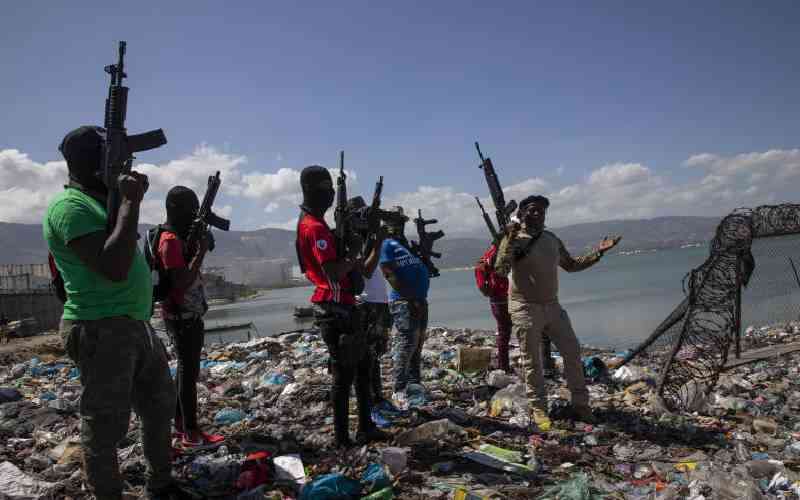×
The Standard e-Paper
Stay Informed, Even Offline

The recent announcement by Foreign and Diaspora Affairs Minister, Alfred Mutua, that Kenya will lead a "multinational police force" in crisis-hit Haiti has ignited a wave of speculation and skepticism about the motivation behind this decision.
A Kenyan police delegation led by Deputy Inspector General of Police Noor Gabow returned from Haiti on Wednesday after landing in Haiti's capital, Port-au-Prince a week ago for a reconnaissance mission.